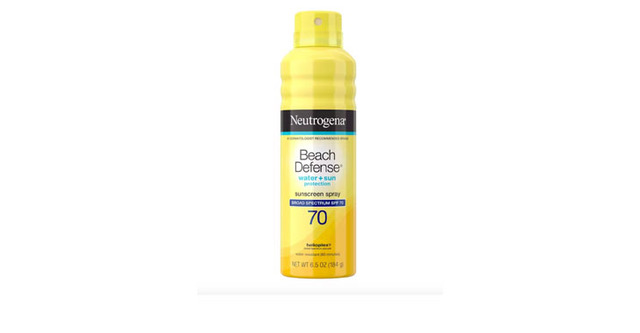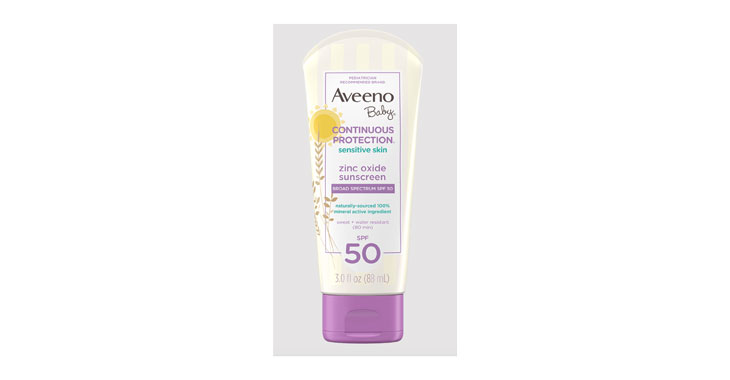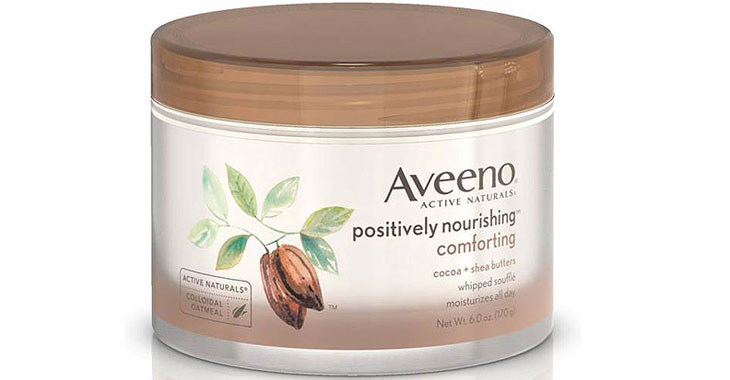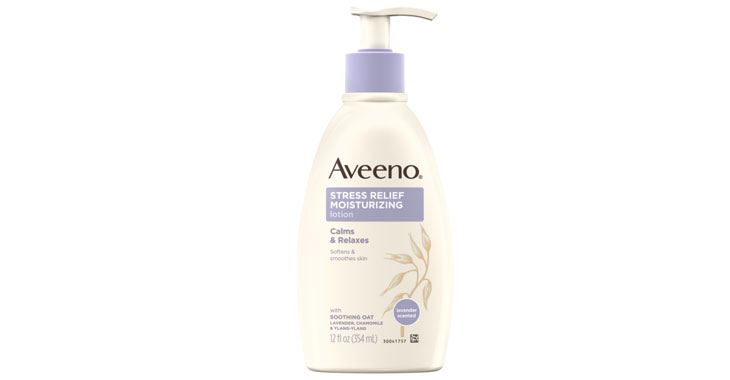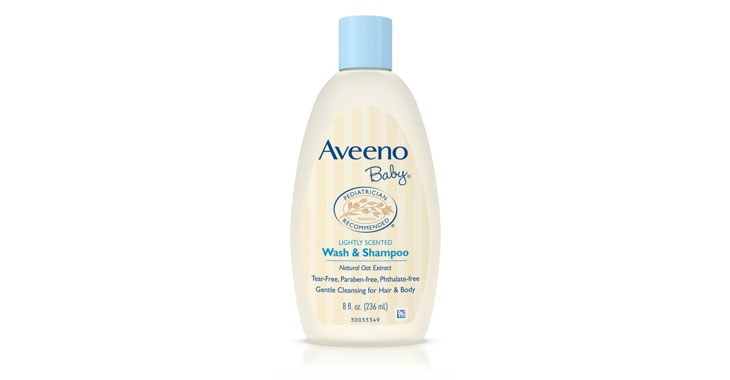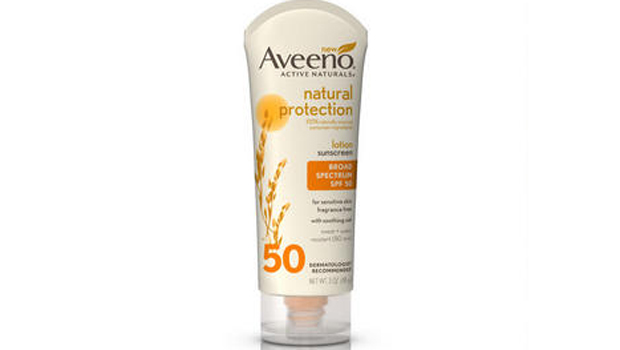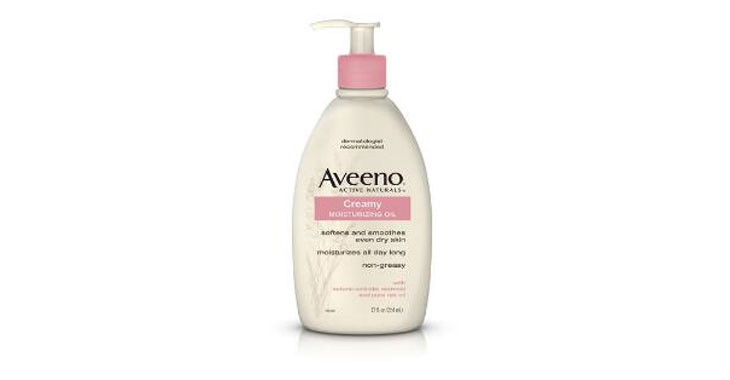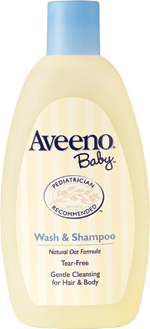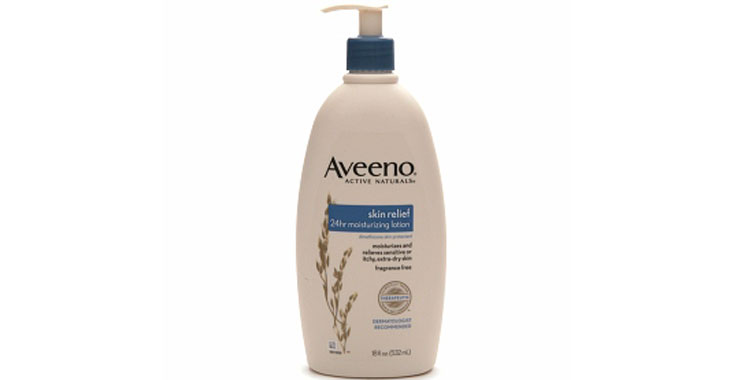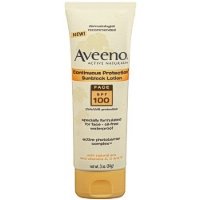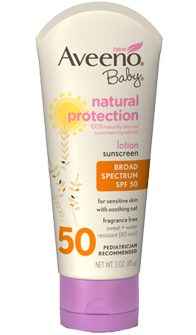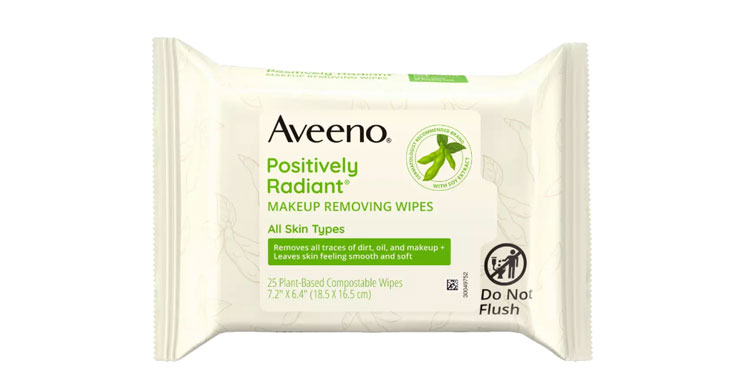
Aveeno Makeup Removing Wipes
Allegations: Falsely marketing products as 100% plant-based when they contain synthetic, non-plant ingredients
August 2015: A federal judge granted Johnson & Johnson’s and Neutrogena’s motion for summary judgment finding that there are no issues of material fact because the companies provided evidence that:
September 2014: A federal judge allowed false advertising allegations in a class-action lawsuit against Johnson & Johnson and Neutrogena to move forward. The complaint, which was originally filed in 2013, alleges that, among other things, the company misleadingly uses phrases such as “waterproof” and “sunblock” in the marketing of several sunscreens – including Aveeno Active Naturals Continuous Protection Waterproof Sunblock Lotions and Ultra Sheer Dry-Touch Waterproof Sunblock – when, in reality, the FDA has identified these terms as false and misleading. (Lombardo et al v. Johnson & Johnson Consumer Companies, Inc. and Neutrogena Corporation, Case No. 13-cv-60536, S. D. FL.).
For more information about other class-action lawsuits filed against Johnson & Johnson and TINA.org’s coverage of the company, click here.
For more information about other class-action lawsuits filed against Neutrogena and TINA.org’s coverage of the company, click here.
For more information about other class-action lawsuits regarding Aveeno products and TINA’s coverage of the products, click here.
For more information about sunscreens, click here.
Allegations: Falsely marketing products as 100% plant-based when they contain synthetic, non-plant ingredients
Allegations: Failing to disclose products contain the carcinogen benzene
Allegations: Misleadingly marketing products as specially made for babies when they contain the same formulation as the adult versions
Allegations: Failing to disclose sunscreens contain the carcinogen benzene
A deceptive marketing trend takes root.
How negative feelings surrounding menstruation have influenced period product marketing.
Class-action lawsuits target preservative-free claims.
Some class-action settlements that left consumers behind.
Lawsuit alleges environmental claims don’t stick.
